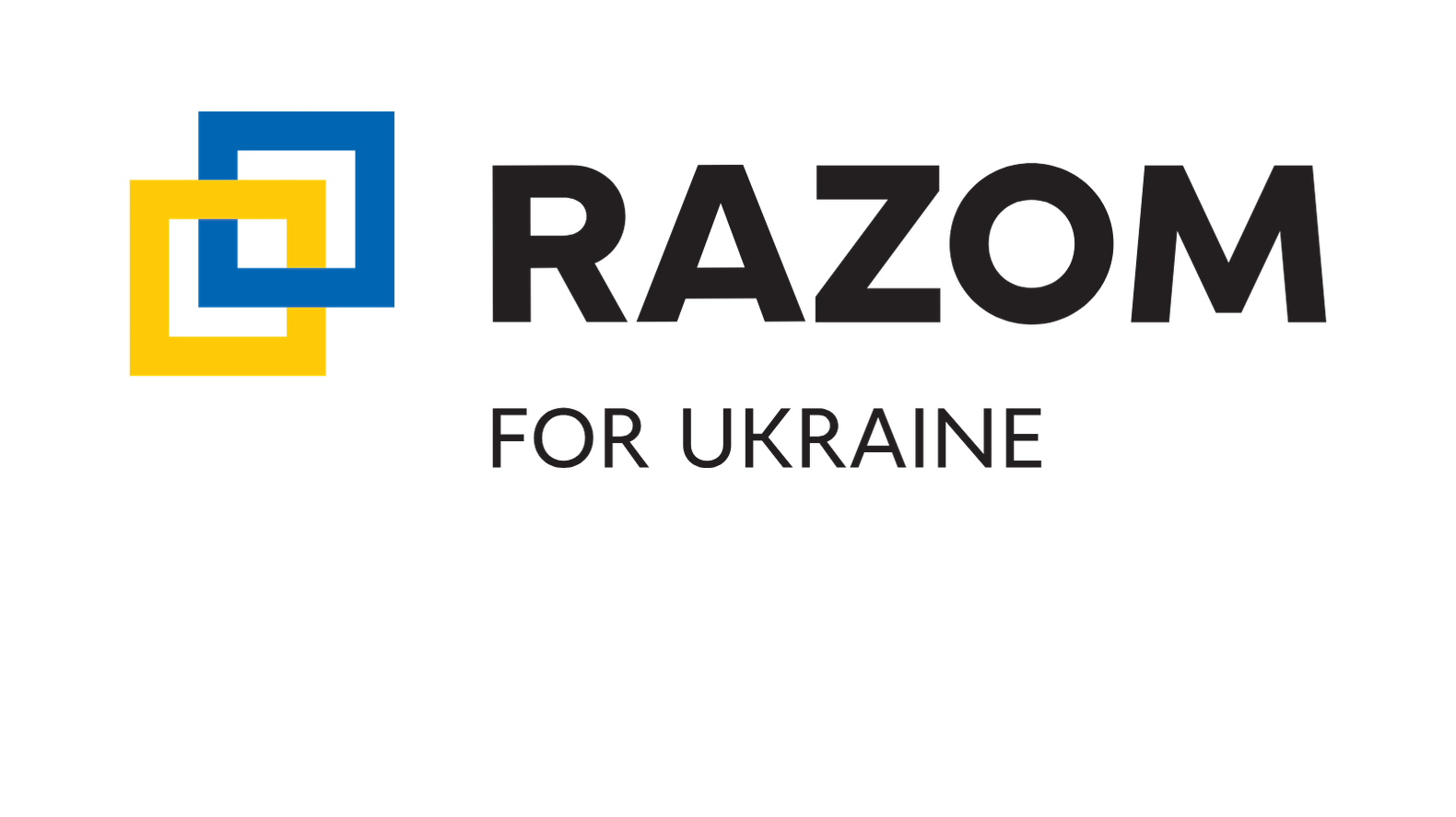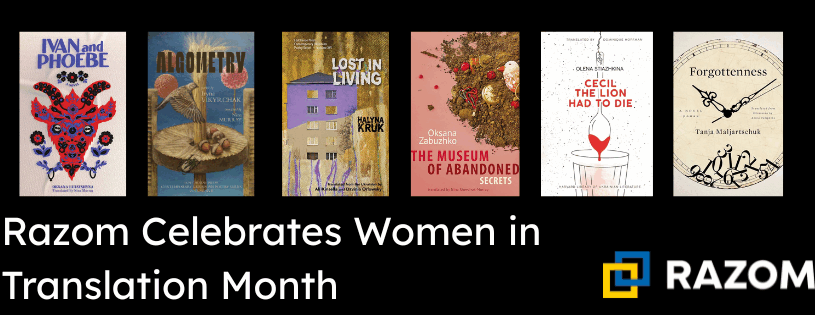Women in Translation (WiT) Month, celebrated annually in August, is an initiative focused on celebrating women writers from around the world – especially those writing in languages other than English. A fully volunteer-led movement, WiT was started by a book blogger and lifelong bibliophile Meytal Radzinski in 2014 and has become a staple of the literary community since. WiT aims to celebrate and promote translated literature by women and highlight the underrepresentation of women authors in translated works – a gender imbalance where a disproportionate number of translated books are written by men and come from Western European countries. We invite you to celebrate WiT Razom (together) with us by seeking out, reading, discussing, and sharing books written and translated by Ukrainian women. We share a few options to get your exploration started below.
Algometry by Iryna Vikyrchak (translated by Nina Murray)
Algometry is a lyrical portrait of the generation of Ukrainians who grew up and were shaped by the common and individual painful inner and outer experiences, to become the most resilient and brave nation. Algometry is a term of physiology and neurology, but it is not the physical pain that is the recurring motif of the book: the speaker, a millennial woman who grew up in Western Ukraine in the 90s, takes us through the three thematic corridors emphasizing emotional sensitivity, hyper-empathy, and inner strength.
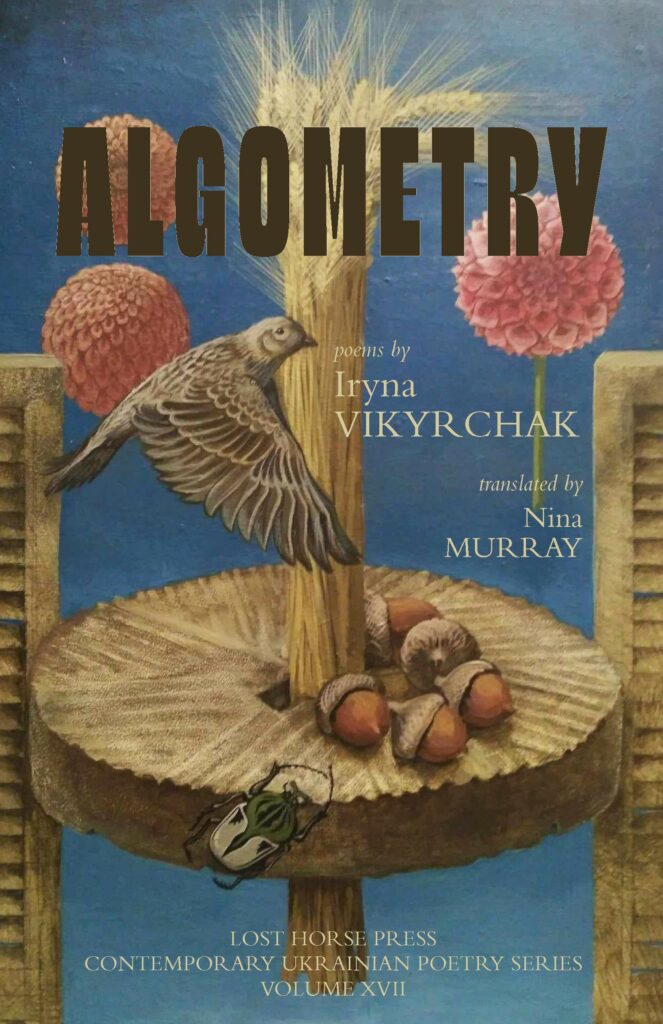
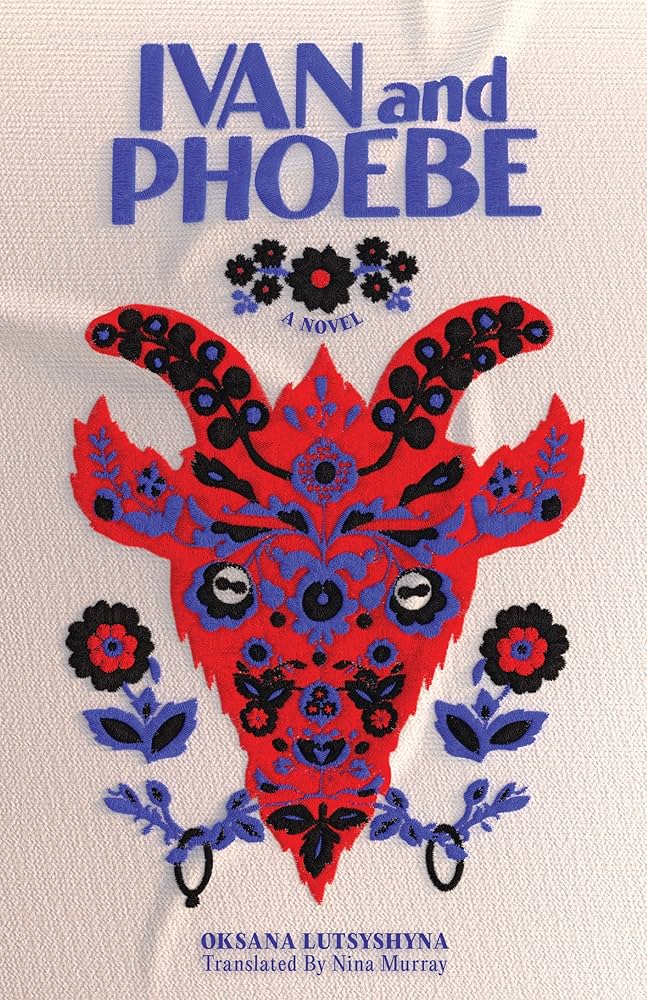
Ivan and Phoebe by Oksana Lutsyshyna (translated by Nina Murray)
Married couple Ivan and Phoebe grapple with questions about family, tragedy, and independence. Although protagonist Ivan tells the story, Phoebe’s voice rings through the text. The two reflect on the harrowing aftermath of revolution: torture at the hands of the KGB and each other. Ivan refuses to talk about his pain, while Phoebe recounts her past wounds through poetic monologues. The story bounces between politically charged cities like Kyiv and Lviv and Ivan’s small, traditional hometown of Uzhhorod. As characters come to exercise their rights to free speech and protest, they must also reevaluate the norms of marriage and home life. These initially appear to be spaces of peace and harmony but are soon revealed to be hotbeds of conflict and multigenerational trauma.
Love Life by Oksana Lutsyshyna (translated by Nina Murray)
Love Life, the second novel by the award-winning Ukrainian writer and poet Oksana Lutsyshyna, follows Yora, an immigrant to the United States from Ukraine. A delicate soul who is finely attuned to the nuances of human relations, Yora becomes enmeshed with Sebastian, a seductive acquaintance who suggests that they share a deep bond. But the relationship ends, sending her into a period of despair and grief. Full of mystic allusions, Love Life is a fascinating story of self-discovery amidst the complexities of adapting to a new life.
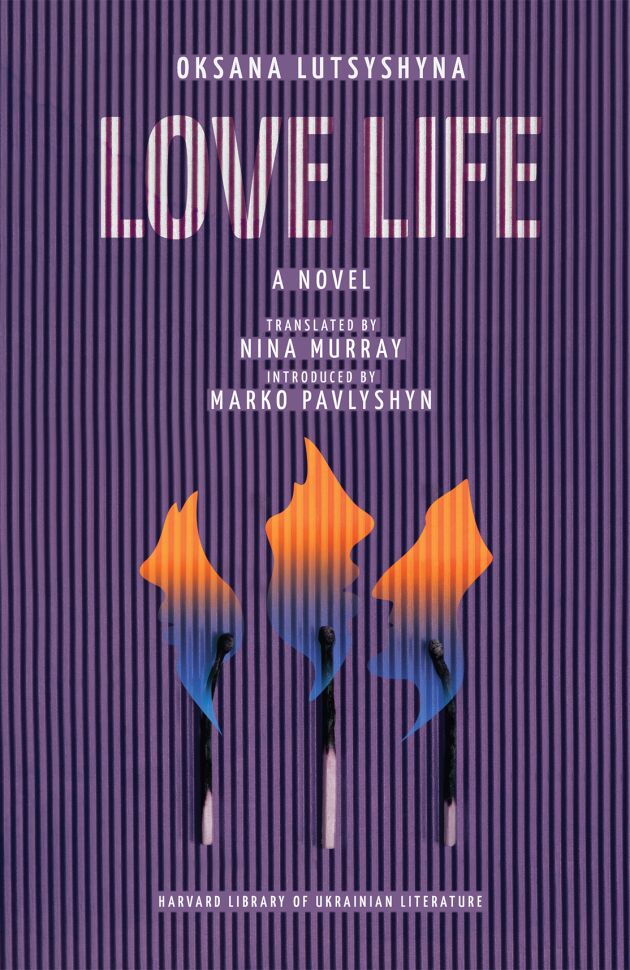
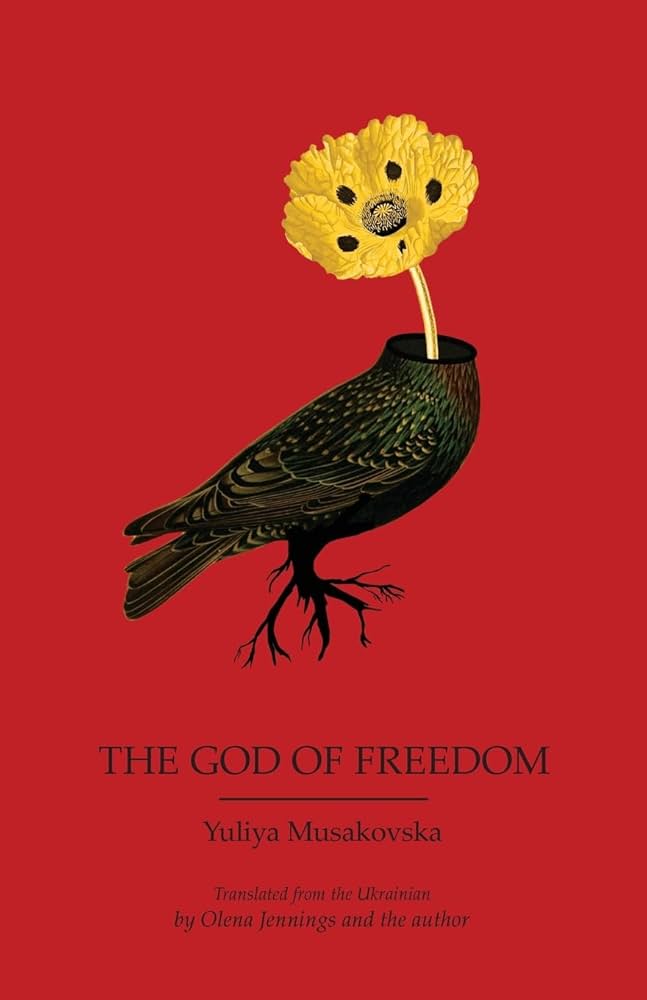
The God of Freedom by Yulia Musakovska (translated by Olena Jennings)
In Yuliya Musakovska’s newest poetry collection, The God of Freedom, she reveals, facet by facet, the landscape of a turbulent, contemporary Ukraine. Equal parts intimate and expansive, the poems follow the societal struggles of women and their families, the trauma of returning soldiers, and the peoples’ future under the shadow of war and its tumultuous past.
Cecil the Lion Had to Die by Olena Stiazhkina (translated by Dominique Hoffman)
In Cecil the Lion Had to Die, Olena Stiazhkina follows four families through radical transformations when the Soviet Union unexpectedly implodes, independent Ukraine emerges, and neoimperial Russia occupies Ukraine’s Crimea and parts of the Donbas. Just as Stiazhkina’s decision to transition to writing in Ukrainian as part of her civic stance–performed in this book that begins in Russian and ends in Ukrainian–the stark choices of family members take them in different directions, presenting a multifaceted and nuanced Donbas.
https://bookshop.org/p/books/cecil-the-lion-had-to-die-olena-stiazhkina/18801733
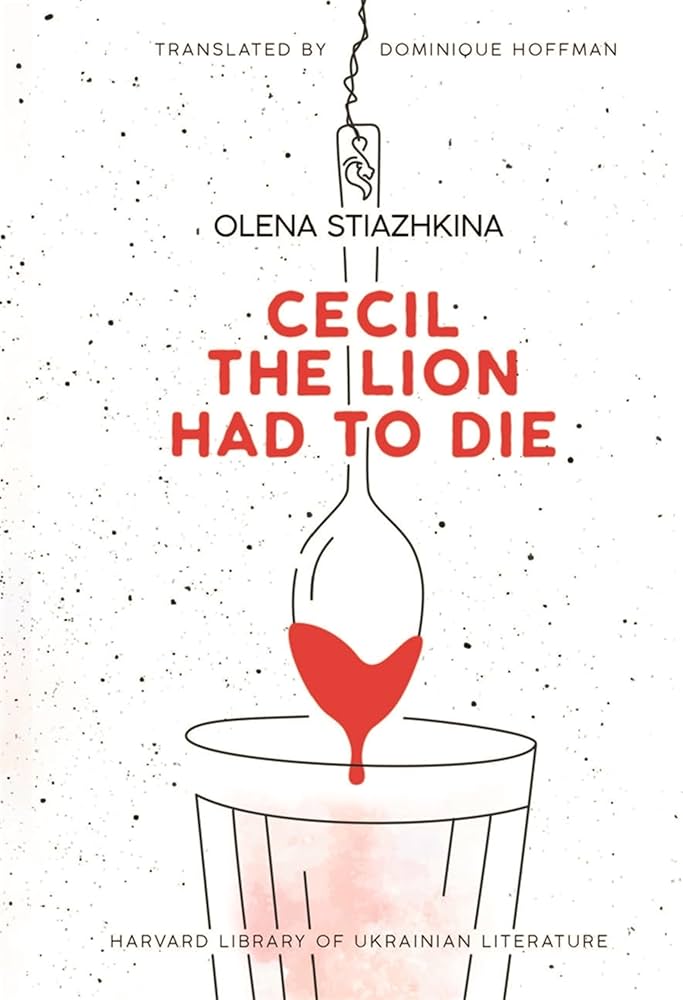
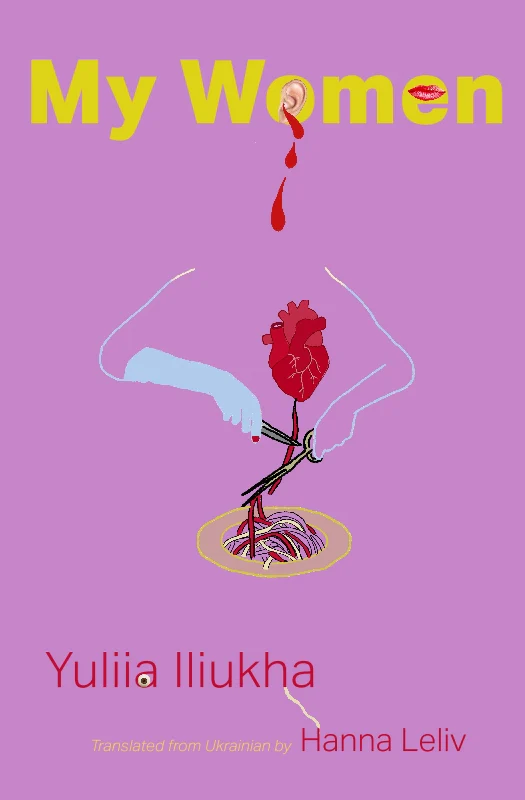
My Women by Yuliya Iliukha (translated by Hanna Leliv)
Yuliia Iliukha’s My Women, translated from Ukrainian by Hanna Leliv, is an urgent and poignant story collection of women confronted by the countless brutalities of war. It locates the voices and devastating experiences of those who have been silenced, those who have lost loved ones, those who have fought and persevered, and those who have broken down.
Forgottenness by Tanja Maljartschuk (translated by Zenia Tompkins)
An award-winning novel from one of Ukraine’s most prolific contemporary authors, Forgottenness tells a spellbinding story of belonging and uprootedness, as understood by two exiles across time.
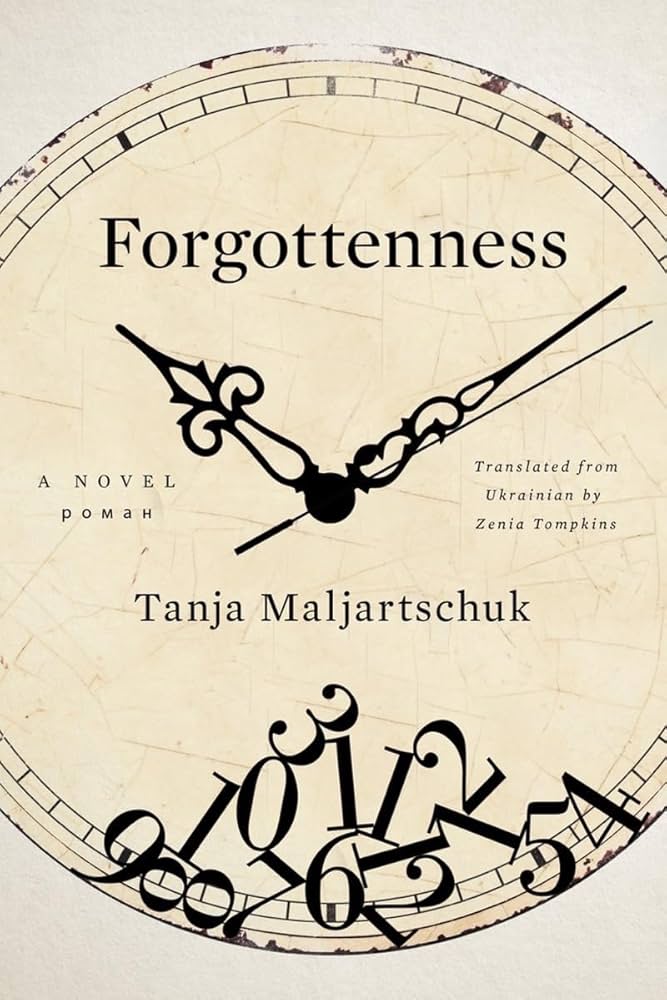
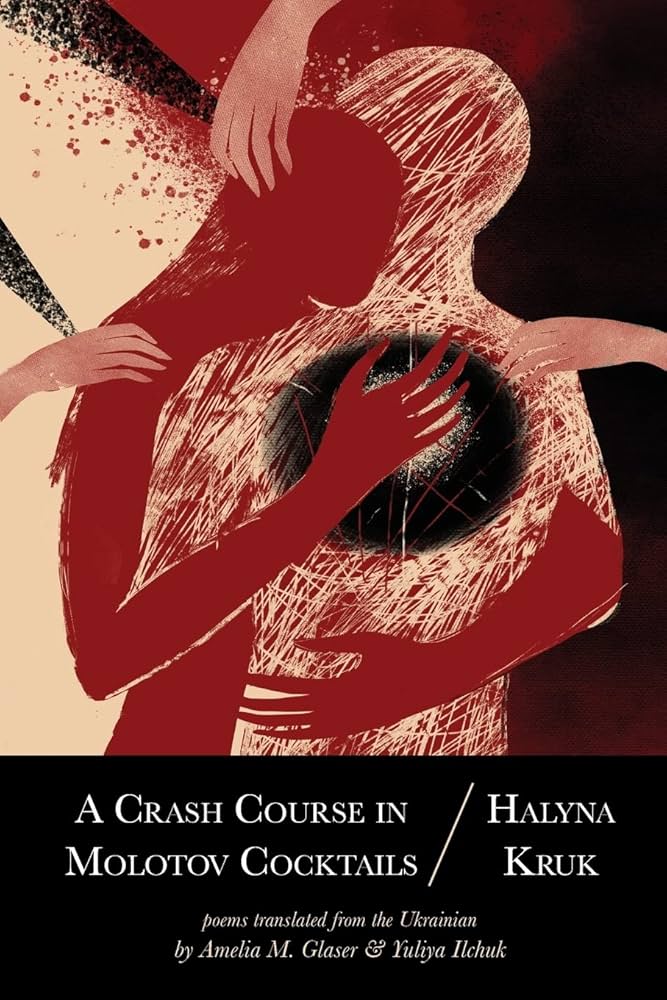
A Crash Course in Molotov Cocktails by Halyna Kruk (translated by Amelia M Glaser and Yuliya Ilchuk)
These stunning poems of witness by one of Ukraine’s most revered poets are by turns breathless, philosophical, and visionary. Leading readers into the world’s darkest spaces, Kruk implies that the light of language can nevertheless afford some measure of protection. Naming serves as a shield, albeit a wooden one.
Lost in Living by Halyna Kruk (translated by Dzvinia Orlowsky and Ali Kinsella)
Lost in Living presents Halyna Kruk’s unpublished work from the immediate “pre-invasion” years when life in Ukraine was marked by turmoil but full-scale war was not yet normalized. In these “dear poems that don’t pain [her] like those about the war do,” Kruk uses imagery and tone to underscore poetic agency, at times juxtaposing figurative language with a calm, direct voice to bring her poems to life. Nature cannot be relied on to sustain nor renew, and life is shown to be fundamentally vulnerable.
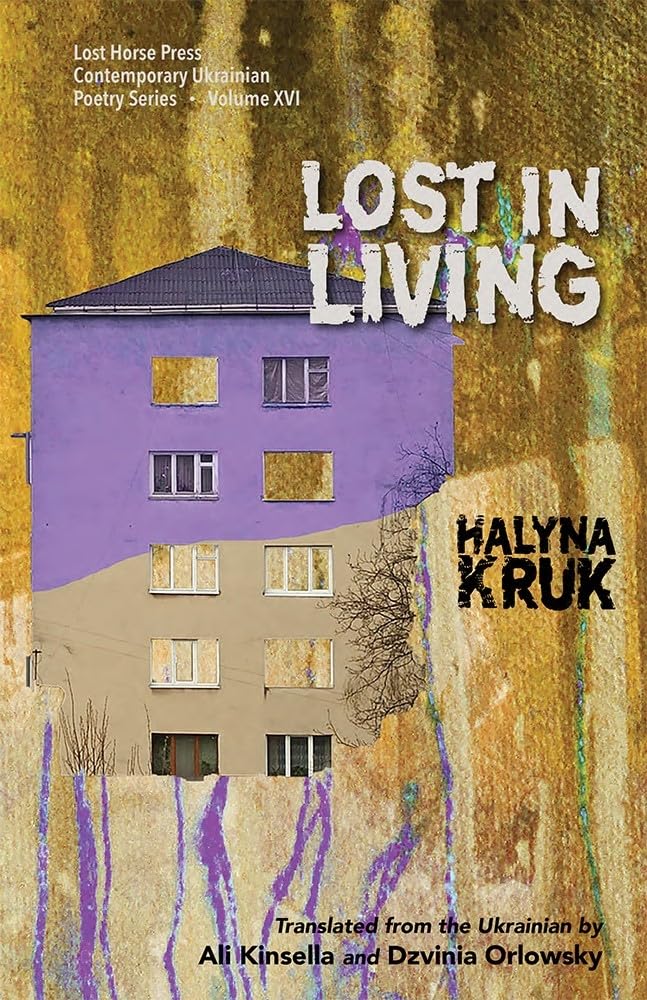
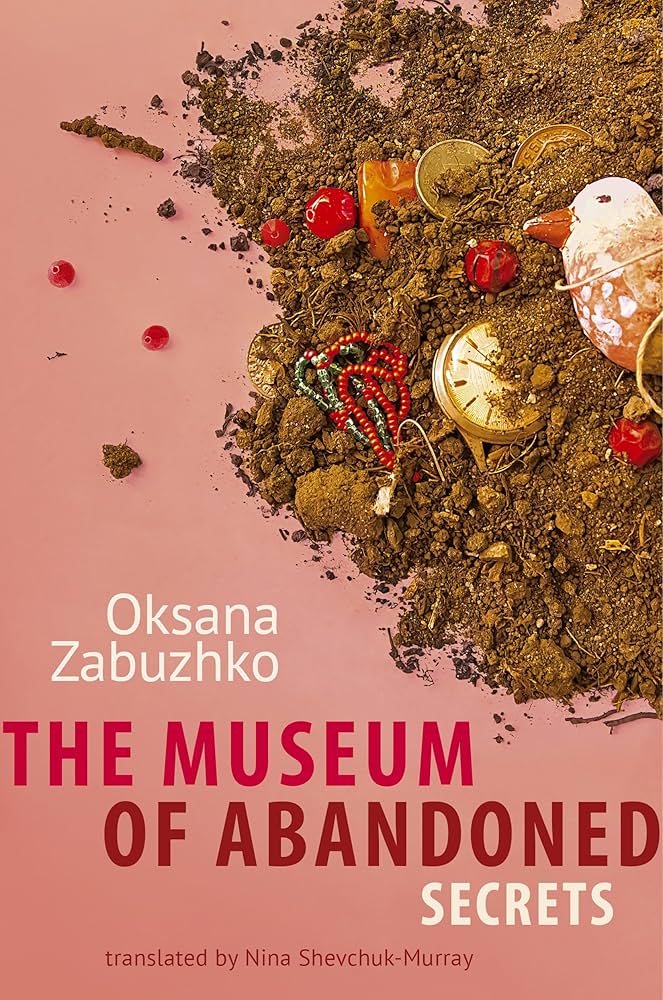
The Museum of Abandoned Secrets by Oksana Zabuzhko (translated by Nina Murray)
Spanning sixty tumultuous years of Ukrainian history, this multigenerational saga weaves a dramatic and intricate web of love, sex, friendship, and death. At its center: three women linked by the abandoned secrets of the past–secrets that refuse to remain hidden.
Fieldwork in Ukrainian Sex by Oksana Zabuzhko (translated by Halyna Hryn)
Called “the most influential Ukrainian book for the 15 years of independence, Field Work in Ukrainian Sex by Oksana Zabuzhko is the tale of one woman’s personal revolt provoked by a top literary scandal of the decade.
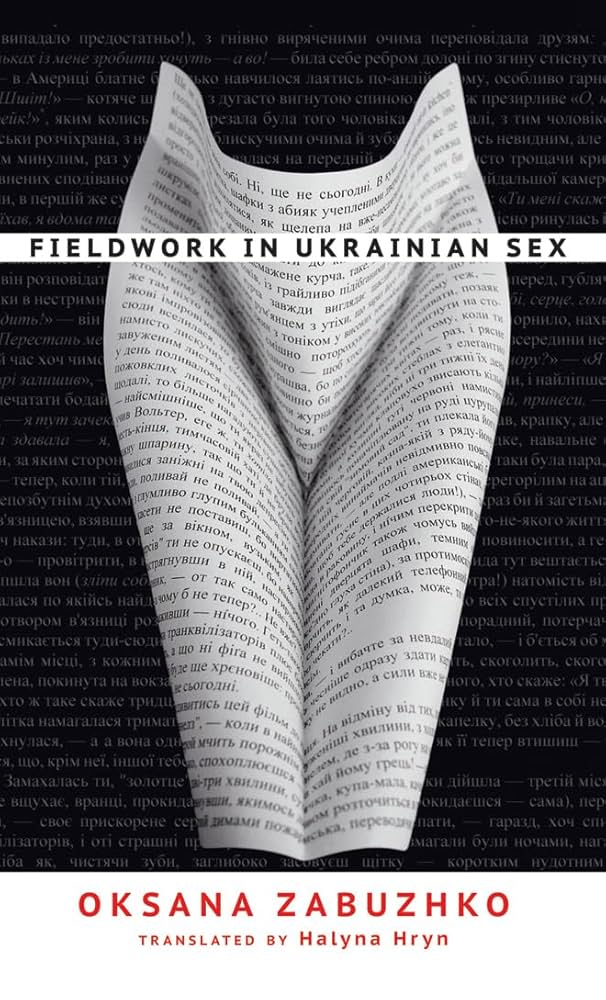
Read. Share. Advocate.
Literature is a tool for amplifying Ukrainian voices – especially women’s voices during WiT Month. Read these books, share them, and use them in your advocacy.
Learn more about Ukrainian books at razomforukraine.org/razom-literature
